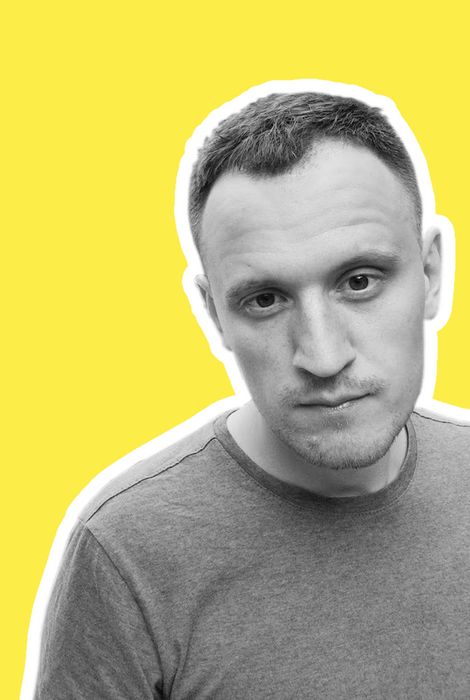“Burnout? Jeez, another excuse for lazy people” – our chief delivery officer Anton Kalmykov thought, until he burned himself out. Twice! With this article, we are opening a new blog section – hereby Kultprosvet people will talk about what bothers and inspires, helps them to cope better and smile more often.
What is burnout?
In 2019, WHO officially recognized burnout syndrome as a disease. But don't confuse burnout with fatigue or a bad mood after a hard day's work. Difficult days at work happen to everyone, but burnout is about the absence of good days.
Professional burnout is the exhaustion of one’s emotional, mental and energy resources, which develops due to severe chronic stress at work. Most often, burnout is manifested by a complete loss of interest in professional activities and a sense of the meaninglessness of all further actions, lack of strength and desire to do what used to aspire.
Who suffers the most?
There is a stereotype that only unorganized or uninvolved people burn out. It's quite the opposite. Psychologists agree that professional burnout is more likely to affect responsible and empathetic people.
Like our Anton. He came to work at Kultprosvet right after graduating from PM school. Anton got involved in a complex project from his first day – back then we were in the midst of redesigning the AIN website. The first project in a new role is not easy, and Anton often took work home, worried a lot, but eventually did a great job. Yes, he got tired. But the praise of the team and a satisfied client was worth it. Or was it not?
There are four stages of burnout syndrome
Everything starts with a drive, an ambition to do a great job. That’s a common story for newbies when all of the novel tasks aspire to run faster, higher, stronger. That is the hook, the stage one.
Then you start to realize that some days are more stressful than others, yet you still have those ambitious ants in your pants. Fueled by the track records of success you overcome the obstacles and get your praises and well-done’s. Even though staying late, missing family and friends time, and feeling tired. That’s stage two. Tired, yet motivated.
You still want to get great results and the approval of colleagues and clients. Therefore, you continue to work hard, not paying attention to fatigue and lack of sleep. Nervous tension becomes a common background. This is stage three. And the main trap.
You can not and should not work at the limit. No matter the reward! Gradually, you will be more and more depressed and dissatisfied with your job and yourself. The chronic lack of sleep and overload will inevitably hit the immune system and personal life.
Stage four is burnout itself. This is when you no longer feel inspired by work. Instead of inspiration, you first have irritation, then hatred, and if you do not pay attention to this for a long time, apathy and indifference.
So, how to deal with it?
If you found yourself in the middle of burnout, get a vacation and get some psychotherapy.
Eat well, sleep well, get off the needle of approved workaholism and build a healthy work-life balance. It does not mean that you turn off the laptop at 6 pm precisely and wave good-buy no matter what. Sometimes you stay late and finish an important task. Just don't make it a regular practice. Burnout comes exactly from that.
Psychologists also advise finding a hobby, some after-work activity to refill dopamine. This is how our Anton became a sailor and learned how to cook gorgeous lasagna.

